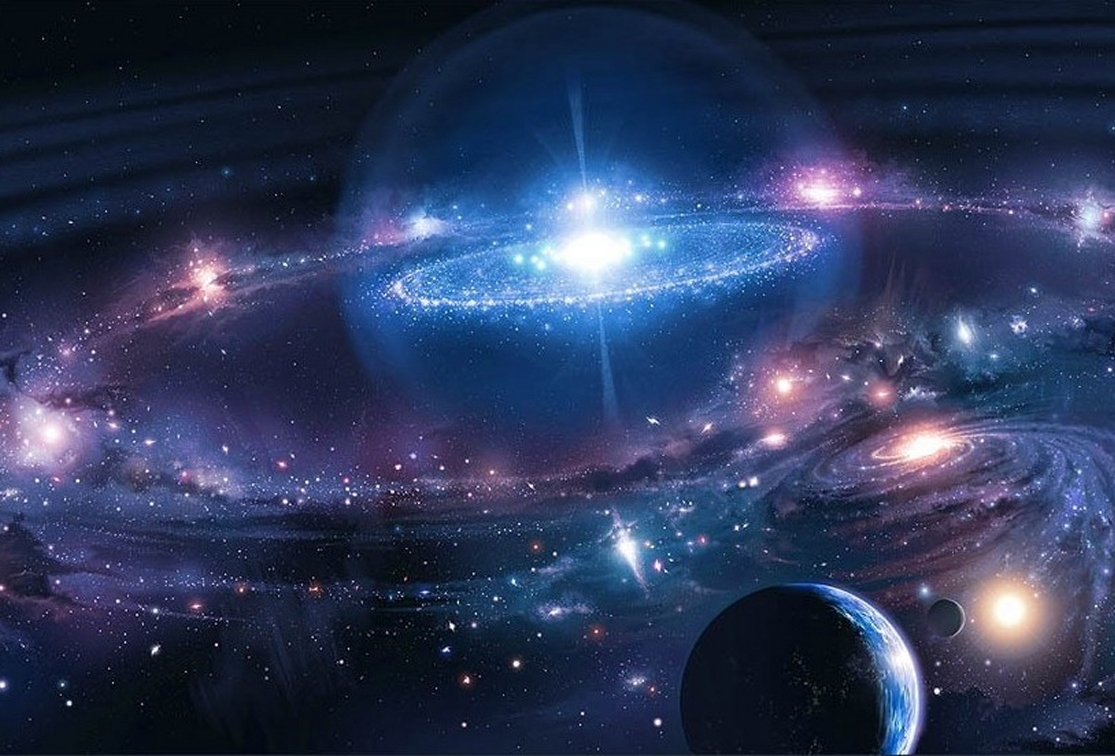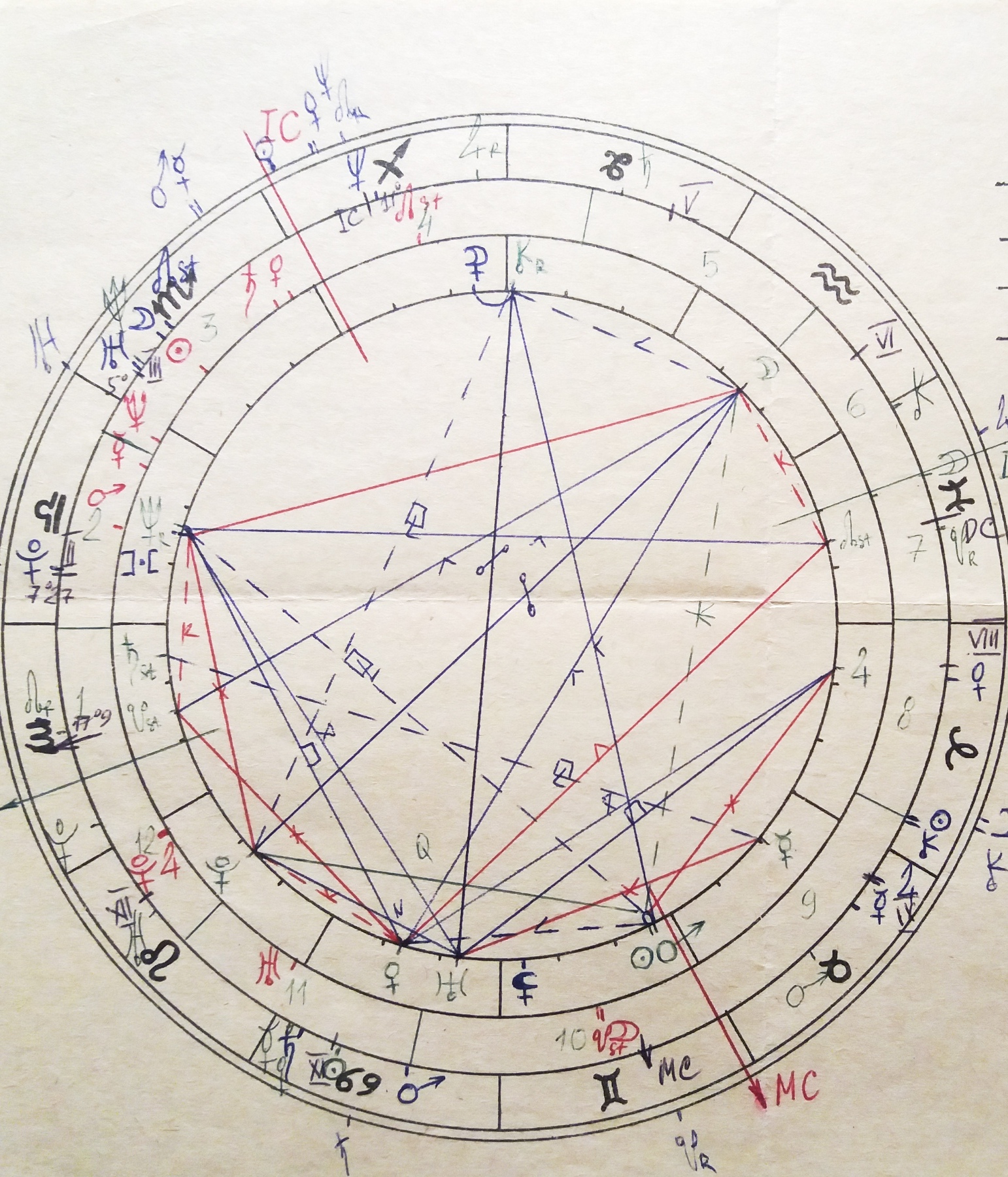
PROFESSIONAL ASTROLOGER
VIKTOR TARANOV
There is no better boat than a horoscope
to help a man to cross over the sea of life. - Varaha Mihira.
|
|

|
|
|
Astrology – the “Mother of all Sciences.”
 A very basic Western definition of astrology is, the study of the influence that the planets in our solar system, in particular our sun and moon, have on human lives and events. I say Western definition because astrology is a practice which has been around in all cultures since ancient times. It has been dated to at least the 2nd millennium BCE, in so much as planetary calendrical systems were used to predict seasonal shifts and interpret celestial signs as divine communications to humankind.
A very basic Western definition of astrology is, the study of the influence that the planets in our solar system, in particular our sun and moon, have on human lives and events. I say Western definition because astrology is a practice which has been around in all cultures since ancient times. It has been dated to at least the 2nd millennium BCE, in so much as planetary calendrical systems were used to predict seasonal shifts and interpret celestial signs as divine communications to humankind.
 As l mentioned, astrology is considered a science as it is based upon actual mathematical tables of planetary positions and alignments – the same as those used by an astronomer or a navigator. Astrology also falls within the science of metaphysics, (the study of that which is beyond the physical).At advanced levels, astrology is a mastery of it’s particular science and intuitive arts – as the earliest known ordering of existence, long before recorded history, it’s been called the “Mother of all Sciences.’
As l mentioned, astrology is considered a science as it is based upon actual mathematical tables of planetary positions and alignments – the same as those used by an astronomer or a navigator. Astrology also falls within the science of metaphysics, (the study of that which is beyond the physical).At advanced levels, astrology is a mastery of it’s particular science and intuitive arts – as the earliest known ordering of existence, long before recorded history, it’s been called the “Mother of all Sciences.’
 In medieval times, such knowledge and practice was handed down only through elite circles of scholars, and so was usually only accessed by rulers and royalty, and those elite members of society. Kings and queens consulted astrologers on all kinds of questions – from the best time for battle, coronation, marriage, who to trust etc… These men were often also medics, as astrology was linked to health and one’s ‘humours’ were ascribed to one’s sun sign even back then. It was accepted in political and academic contexts, and was connected with other studies such as astronomy, alchemy and meteorology.
In medieval times, such knowledge and practice was handed down only through elite circles of scholars, and so was usually only accessed by rulers and royalty, and those elite members of society. Kings and queens consulted astrologers on all kinds of questions – from the best time for battle, coronation, marriage, who to trust etc… These men were often also medics, as astrology was linked to health and one’s ‘humours’ were ascribed to one’s sun sign even back then. It was accepted in political and academic contexts, and was connected with other studies such as astronomy, alchemy and meteorology.
 The most notable royal astrologers would be 16th century Dr John Dee and 17th century William Lilly. Dee was Elizabeth First’s spiritual and astrological advisor, and calculated birth charts also for the then Queen Mary, (Elizabeth’s predecessor). Lilly, in addition to advising monarchs, is famous for a number of startling predictions including predicting the Great Fire of London and the plague, 13 years before they occurred. His writing and reports are still studied today and he is considered the father of contemporary Western astrology.
The most notable royal astrologers would be 16th century Dr John Dee and 17th century William Lilly. Dee was Elizabeth First’s spiritual and astrological advisor, and calculated birth charts also for the then Queen Mary, (Elizabeth’s predecessor). Lilly, in addition to advising monarchs, is famous for a number of startling predictions including predicting the Great Fire of London and the plague, 13 years before they occurred. His writing and reports are still studied today and he is considered the father of contemporary Western astrology.
 As the centuries rolled on and education, science and technology developed, astrology became accessible to all of us. Western astrology is based on the construction of a "horoscope". The horoscope is a combination of 12 astrological "houses" drawn at the exact time of birth (a person's birth or an event), exact positions of the planets in the signs of the Zodiac and aspects (angles) between the planets. The planets Uranus, Neptune, Pluto and Chiron are currently used and sometimes astrologers use fixed stars and asteroids. All planets, especially the Sun and the Moon, their aspects and positions in each astrological house and Zodiac sign at the time of birth are important and accordingly interpreted in the natal chart (horoscope) of a person.
As the centuries rolled on and education, science and technology developed, astrology became accessible to all of us. Western astrology is based on the construction of a "horoscope". The horoscope is a combination of 12 astrological "houses" drawn at the exact time of birth (a person's birth or an event), exact positions of the planets in the signs of the Zodiac and aspects (angles) between the planets. The planets Uranus, Neptune, Pluto and Chiron are currently used and sometimes astrologers use fixed stars and asteroids. All planets, especially the Sun and the Moon, their aspects and positions in each astrological house and Zodiac sign at the time of birth are important and accordingly interpreted in the natal chart (horoscope) of a person.
There are many branches of astrology - general astrology, predictive astrology, astrology of personality, medical astrology, astrology of compatibilities (synastry), karmic astrology, astropsychology, etc. Astrology can offer valuable forecasts and guidance in any area of human life.
The Zodiac signs are generally designated as follows:

|
|